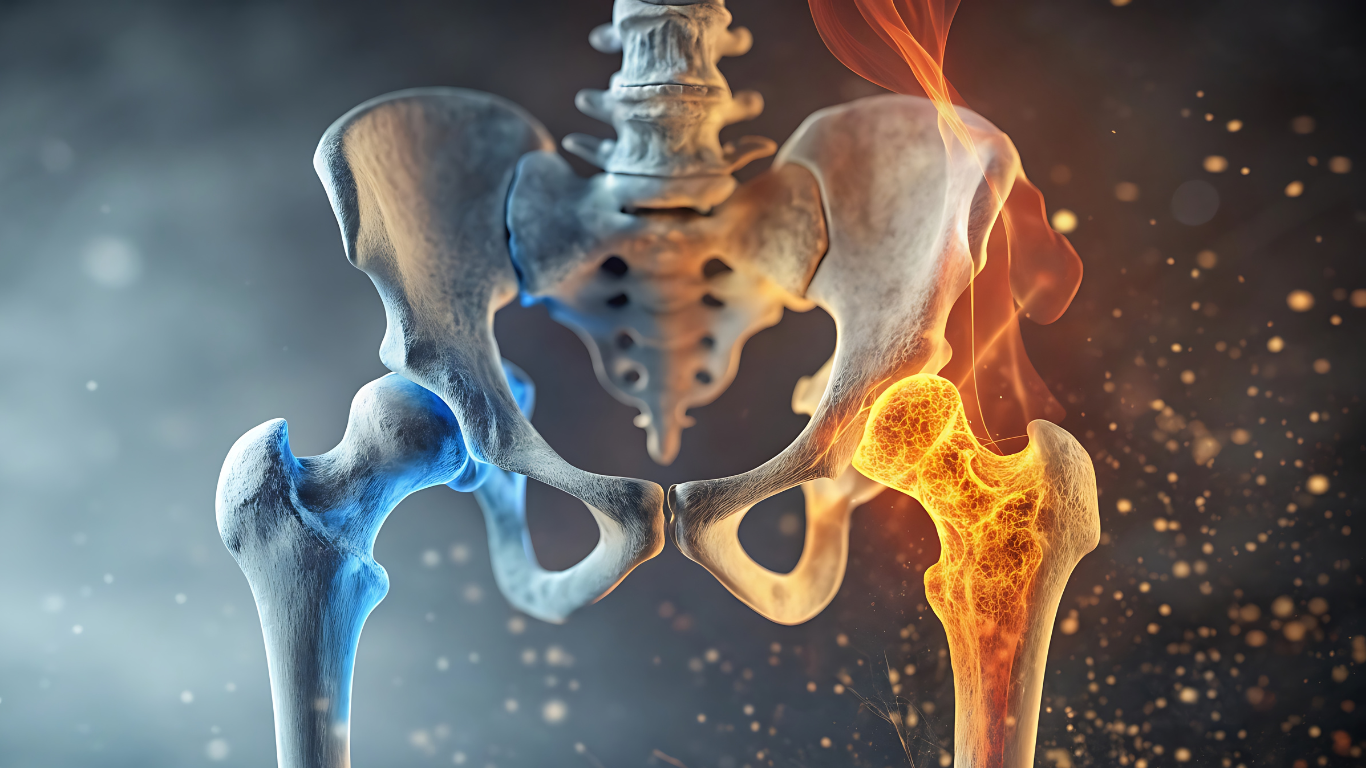
Sit Tall, Feel Better: Easy Posture Tips for Your Workday
Posted on 02nd June 2025 by Paul FrankhamLet’s face it—most of us spend a big chunk of our day sitting at a desk. But did you know that how you sit can make a huge difference to your health and comfort? Maintaining good posture at work isn’t just about looking poised—it helps prevent back pain, reduces strain on muscles and joints, and boosts your overall well-being.
Here are some simple, practical tips to help you stay aligned and feel great throughout your workday:
Set Up an Ergonomic Workspace
- Chair: Choose a chair that supports the natural curve of your spine. Adjust the height so your feet rest flat on the floor and your knees form a 90-degree angle.
- Desk: Your desk should allow your elbows to bend at 90 degrees while typing, with forearms parallel to the floor.
- Monitor: Keep your screen at eye level and about an arm’s length away to avoid tilting your head.
Practise Proper Posture
- Back Support: Sit back fully in your chair with your lower back supported. Avoid slouching or leaning forward.
- Shoulders & Neck: Relax your shoulders and keep them down. Align your head with your spine—ears over shoulders is a good visual cue.
- Feet Position: Keep your feet flat on the floor. Try not to cross your legs, as it can strain your lower back and hips.
Take Regular Breaks
- Movement: Stand up, stretch, and walk around every 30–60 minutes. It keeps your body happy and your mind refreshed.
- Stretching: Try gentle movements like neck rolls, shoulder shrugs, and back stretches to release tension.
Stay Hydrated
- Drinking water helps your body function at its best—and gives you a great excuse to get up for refills or bathroom breaks, which means more movement!
Be Mindful of Phone & Laptop Use
- Phone: Avoid cradling your phone between your shoulder and ear. Use a headset or speakerphone instead.
- Laptop: If you’re on a laptop for long periods, use a separate keyboard and mouse, and raise the screen to eye level to prevent hunching.
Consider a Standing Desk
If it’s an option, a standing desk or sit-stand converter can help you alternate between sitting and standing. It’s a great way to reduce posture-related issues and keep your energy up.



